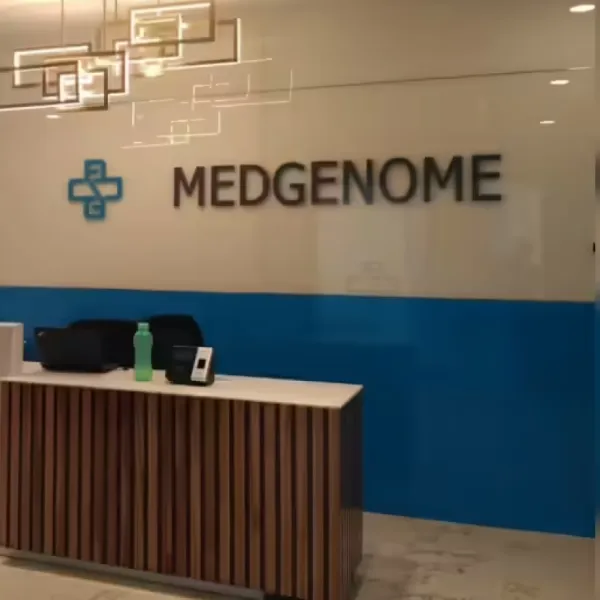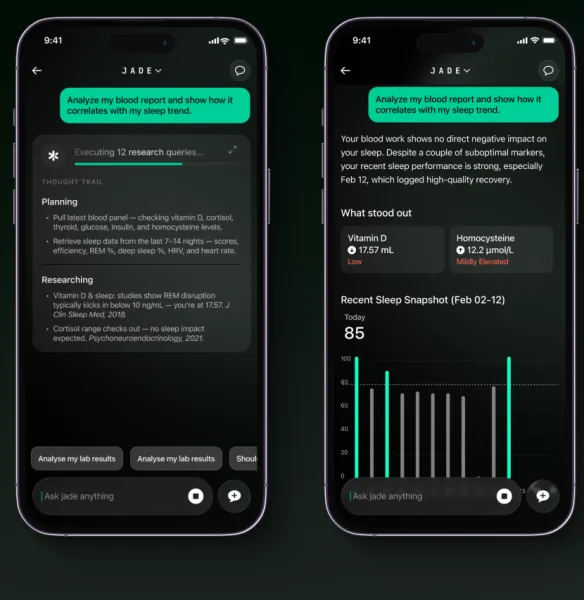GlobalData Forecasts Medical Devices Cybersecurity Market to be $1.1 Bn by 2027

The surge in cybersecurity risks stems from legacy devices operating on outdated software, presenting a significant challenge due to their difficulty in updating, making them susceptible to cyberattacks.
The medical device segment is going to reach a size of $1.1 billion, growing at a CAGR of 12.2% between 2022 and 2027, as revealed by a recent report by GlobalData.
The surge in cybersecurity risks stems from legacy devices operating on outdated software, presenting a significant challenge due to their difficulty in updating, making them susceptible to cyberattacks.
Alexandra Murdoch, senior medical analyst at GlobalData, sharing on the need of cybersecurity in this connected digital age, said, “The increasing number of digital health tools and the need for cybersecurity is crucial. However, with many digital health devices interconnected, there is a larger attack surface, heightening the risk of cyberattacks on medical devices."
She further elaborated on the critical need to address cybersecurity requirements arising from the expanding array of digital health tools. Per Murdoch, manufacturers ensure device compatibility with regular software updates and patching as essential to addressing vulnerabilities.
What Driving this Growth
The vulnerabilities in medical devices pose risks to patient safety, privacy, and the overall integrity of healthcare systems. Cybersecurity training for healthcare professionals is crucial to recognizing and responding promptly to cyber threats.
Growth drivers, including consumer-driven healthcare, smartphone, and internet penetration, are fueling the expansion of the medical devices cybersecurity market.
The global medical device security market is projected to reach $ 6.59 billion by 2023 from $ 4.36 billion in 2018, at a CAGR of 8.6%.
Factors such as increasing instances of healthcare cyber attacks and threats, growth in the geriatric population and subsequent growth in chronic disease management, government regulations etc are driving the growth of this segment. Besides, there is a growing need for compliance, demand for connected medical devices, and increasing adoption of cybersecurity solutions.
Further, manufacturers are urged to implement encryption and authentication mechanisms to secure data transmission between devices. Network segmentation, isolating medical devices from critical systems, can limit the potential impact of cyberattacks.
Murdoch concludes, "By implementing these strategies, the medical device industry can work toward creating a more secure and resilient healthcare system."
Recent Cybersecurity Measures
As the medical device industry advances, addressing cybersecurity concerns becomes imperative for patient safety and the resilience of healthcare systems. Collaboration, awareness, and robust cybersecurity measures are crucial components of a comprehensive strategy to mitigate risks.
In the context of Indian cybersecurity updates, Mumbai-based pharmaceutical company Alkem Laboratories collaborates with Check Point Software Technologies to fortify its cybersecurity infrastructure against rising cyber threats in the healthcare industry.
The primary objective of this collaboration is to enhance Alkem's security architecture using Check Point Harmony and Quantum solutions, aiming to shield sensitive data and operations from escalating cyber threats in the pharmaceutical sector.
Additionally, app security solutions firm Indusface reports a staggering 1.6 billion cyberattacks in India in the second quarter, ending September 30, 2023, marking a 70% increase from the previous quarter.
The "State of Application Security Report" reveals that all healthcare sites and over 90% of banking and insurance sites experienced bot attacks during the quarter. The report also highlights a significant surge in Distributed Denial of Service (DDoS) attacks, originating from eight million unique IPs over 14 days, ranging from 3,000 to 14,000 times more than the usual daily traffic on the target sites.
Stay tuned for more such updates on Digital Health News
































